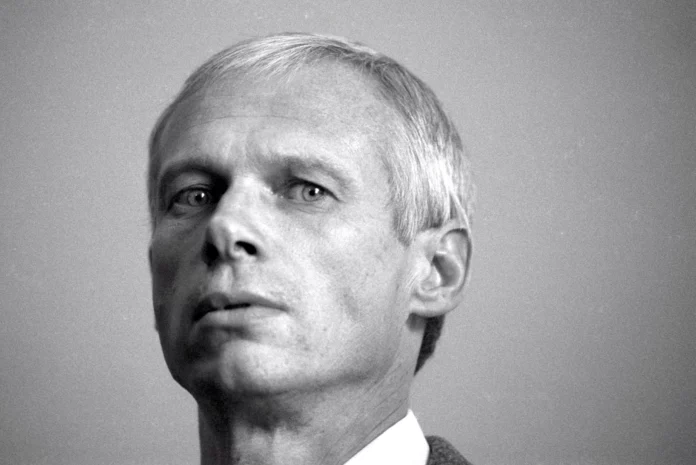Chief Justice Raymond Zondo and his Constitutional Court colleagues have drawn both scorn and praise for setting free Janusz Waluś, the man who pulled the trigger on revered freedom fighter Chris Hani.
Waluś gunned down Hani at his home in Dawn Park near Boksburg, on the east of Johannesburg in April 1993 in what right wingers thought would derail plans for the country’s first democratic election in 1994.
The Polish-born Waluś was sentenced to death, but the sentence was later commuted to life imprisonment after a democratic South Africa abolished the capital punishment.
At the time of his death, Hani, who was largely seen as a future president of South Africa, was the general secretary of the SACP. He also served as chief of staff of Umkhonto we Sizwe, the armed wing of the ANC.
Hani’s political home, the SACP reacted angrily to the unanimous judgment of the apex court, written by Zondo.
“The judgment has far-reaching implications that compel the SACP to analyse it deeper and look for a new way forward under the circumstances,” SACP general secretary Solly Mapaila said.
“The reality we now face is that the court failed to protect our right to exist as communists. We will have to protect this right ourselves.”
Hani’s widow Limpho also tore into the court.
“This judgment is diabolical. I have never seen anything like this. My understanding of Zondo’s judgment is that he is indirectly saying Waluś did well by killing my husband,” she told the media after the judgment was handed down on Monday.
The EFF, the country’s third-biggest political party, said the landmark judgment has “undermined the sensitivities of our people and will invoke instability in the country”. The red berets went on to describe the justices who presided over the matter as “self-centred”.
There was also praise for the justices for applying the law “without fear or favour”.
Below we look at standout phrases from the judgment.
- In considering whether or not the applicant should be released on parole, I have been mindful of the fact that, in assassinating Mr Hani, the applicant sought to derail the attainment of democracy in this country and nearly plunged South Africa into a civil war.
However, I have also borne in mind that, when the fathers and mothers of our constitutional democracy drafted our constitution and included in it the Bill of Rights, they did not draft a Bill of Rights that would confer fundamental rights only on those who fought for democracy and not on those who had supported apartheid or who were opposed to the introduction of democracy in this country.
They drafted a Bill of Rights that conferred fundamental rights on everyone including those who had supported apartheid with all their hearts.
- If this court concludes that the minister [of Justice and Correctional Services] may not use those factors to justify denying an applicant parole when he has served such a long part of his sentence and has complied with all other requirements, there will be many other prisoners who will benefit from that decision.
Furthermore, there are reasonable prospects of success. In the circumstances, it is in the interests of justice that leave to appeal be granted.
- I have reached this conclusion against the background that the applicant served more than 25 years of his sentence of life imprisonment, during which he has kept a clean disciplinary record and has complied with every requirement that he has been told by the prison authorities he should comply with in order to improve his prospects of placement on parole.
In the circumstances, I am of the view that it is just and equitable that this court should order the minister to place the applicant on parole.
- Furthermore, most of the sections in our Bill of Rights start with the phrase: “Everyone has a right…” That is because the fundamental rights conferred in those sections are conferred on everyone
- A period of more than 15 years has lapsed since the applicant became eligible for consideration to be placed on parole. It was in 2005 that the applicant became eligible to be considered for placement on parole. The minister accepts that the applicant has shown remorse for the crime he committed.
- The evidence reveals that during his imprisonment all these years since 1993, the applicant has had no negative disciplinary record in prison. The minister accepts that the applicant’s risk of re-offending, if he were to be placed on parole, is low. The applicant has apologised to Mrs Hani and her family more than once.
Follow @SundayWorldZA on Twitter and @sundayworldza on Instagram, or like our Facebook Page, Sunday World, by clicking here for the latest breaking news in South Africa. To Subscribe to Sunday World, click here.



